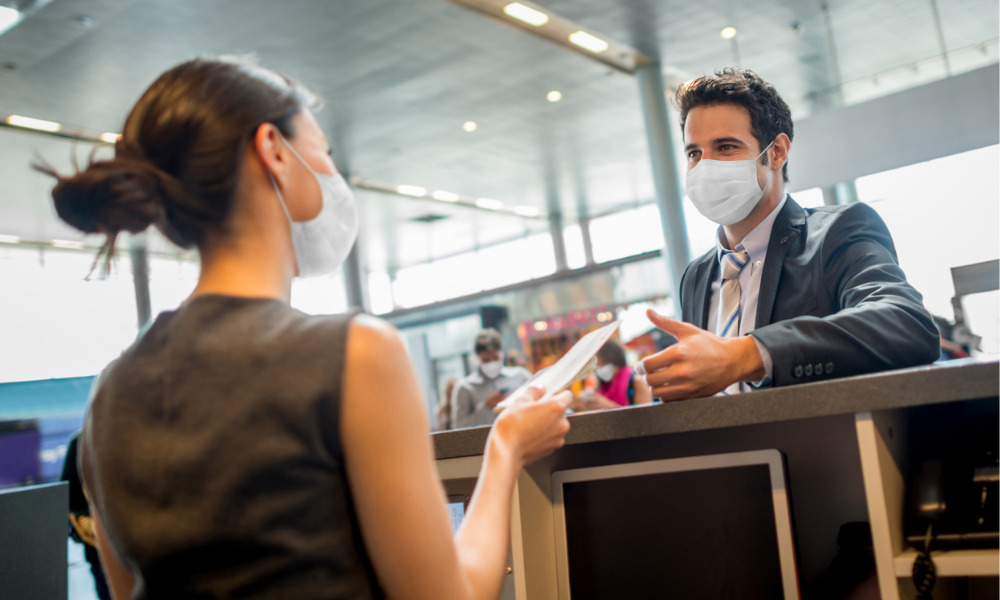‘The risk profile for business travel is different, and business traveller awareness is at its highest levels’

Business travel appears to be making a comeback, at least domestically.
By July, 61 per cent of business travellers globally had taken their first multi-day domestic business trip of the year.
However, just 17 per cent of business travellers have taken their first multi-day international business trip of the year, according to the report.
And a little more than a quarter (27 per cent) expect to do so between now and March 2022 while 45 per cent have no plans for international travel just yet, according to a survey by Global Rescue, which provides medical, security, evacuation, travel risk and crisis management services.
“Business travel is returning due to climbing COVID-19 vaccination levels and the gradual reduction in government quarantine and testing requirements. Nevertheless, post-pandemic travel trepidations linger,” says Dan Richards, the CEO of Global Rescue. “Never have business leaders been more aware and more concerned about the duty of care they have to their travelling employees. Today, the risk profile for business travel is different, and business traveller awareness is at its highest levels.”
The COVID-19 pandemic has forever changed business travel, Richards previously said in an interview with Canadian HR Reporter.
The biggest concerns about future work-related travel among business travelers, according to Global Rescue, include:
- being quarantined (29 per cent)
- being infected with the coronavirus (30 per cent)
- a border closing (23 per cent)
- poor medical infrastructure at their destinations (10 per cent)
- insufficient emergency response by their company to help during a medical or security emergency (six per cent)
Video or travel?
Thirty-five percent of business travellers say they expect video conferencing to replace about half of routine business travel in the future, while 27 per cent say they expect to use video conferencing sparingly and return to routine business travel for in-person business and sales meetings as the pandemic health threat abates.
Meanwhile, 16 per cent say they believe video conferencing will replace most of the business travel for in-person business meetings and sales meetings. However, 21 per cent say they don't use video conferencing in their business, found Global Rescue’s survey of more than 1,700 workers conducted in July.
“While video conferencing will likely reduce total business travel volume in the near term, there is no substitute for being in the same room with others,” says Richards. “While the days of travelling long distances for one meeting with one person could be gone forever, people will travel for business at scale into perpetuity.”
Ninety per cent of business travellers surveyed said in-person business and sales meetings are “without a doubt” or “generally” more successful than video conferencing. Just nine per cent say video conferencing is more successful than in-person business and sales meetings.
Two-fifths (40 per cent) of employers say their company’s plan to resume non-essential domestic business travel has “already happened”, up from 34 per cent the previous month, according to a separate report released in July.




